| Book Name: | [PDF] The Elements – A Very Short Introduction by Philip Ball |
| Category: | General Chemistry |
| Language: | English |
| Format: | |
| Free Download: | Available |
The Elements – A Very Short Introduction by Philip Ball
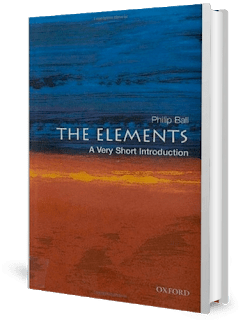
Book Description:
This Very Short Introduction is an exciting and non-traditional approach to understanding the terminology, properties, and classification of chemical elements. It traces the history and cultural impact of the elements on humankind, and examines why people have long sought to identify the substances around them. The book includes chapters on particular elements such as gold, iron, and oxygen, showing how they shaped culture and technology. Looking beyond the Periodic Table, the author examines our relationship with matter, from the uncomplicated vision of the Greek philosophers, who believed there were four elements–earth, air, fire, and water–to the work of modern-day scientists in creating elements such as hassium and meitnerium. Packed with anecdotes, The Elements is a highly engaging and entertaining exploration of the fundamental question: what is the world made from?
| Title: | The Elements – A Very Short Introduction |
| Editor: | Philip Ball |
| Edition: | 1st,illustrated |
| Publisher: | Oxford University Press |
| Length: | 193 pages |
| Size: | 3.40 MB |
| Language: | English |
The topic of my book is about the elements. The intended audience for the book is for anyone who wants to read it. But, if you wish to understand the logic of the author, you should have at least taken a Chemistry class.
The point of this book was to find out the history, the impact, and connection the elements have had on the people of this planet. The author does accomplish this goal by thoroughly explaining each topic. He doesn’t deviate from the topic at hand. The book was clear and concise. At times, the author did use some big words and referenced some people I’ve never heard of before but it clearly got the point across.
In this book, the author did not need to consider other points of view because this book was meant to be informative, not one that brings upon arguments or debates.
The best part of the book was the last 2 or 3 chapters. It got really interesting because Philip Ball talked about how the hydrogen and plutonium bombs were created. Also, mentioning the place where they created new elements was pretty interesting too. The author tried to make the book interesting and he did. He used pictures, pictures are always good, and also used language that teenagers can understand if we decided to read it. It wasn’t like a book that had 5 10-letter words every sentence. It was easy to read. Possibly combining a few chapters together and also separating some too could improve the book. It felt like 1 chapter was too long and then another was too short.
I would recommend it to next year’s Chemistry class. I would recommend it because it’s short, easy to read, and interesting. It should be kept on to the list for next year’s and future chemistry classes. Yes, it should be added to the library’s book collection. When it’s added, the book may be kind of hard to find because it’s so small.
I think this book served very well in Mr. Halkyard’s purpose for this assignment. I did learn things and gained new knowledge. I am now even more interested in learning about the elements. I also gained a new perspective about the elements as it was written in a book to inform people.
Overall, this assignment was good because it gave everyone a chance to read something they enjoyed about Chemistry. I liked studying the elements and I chose to read about the elements. It also provided new perspectives of Chemistry to inform the reader instead of doing projects to comprehend material.
The point of this book was to find out the history, the impact, and connection the elements have had on the people of this planet. The author does accomplish this goal by thoroughly explaining each topic. He doesn’t deviate from the topic at hand. The book was clear and concise. At times, the author did use some big words and referenced some people I’ve never heard of before but it clearly got the point across.
In this book, the author did not need to consider other points of view because this book was meant to be informative, not one that brings upon arguments or debates.
The best part of the book was the last 2 or 3 chapters. It got really interesting because Philip Ball talked about how the hydrogen and plutonium bombs were created. Also, mentioning the place where they created new elements was pretty interesting too. The author tried to make the book interesting and he did. He used pictures, pictures are always good, and also used language that teenagers can understand if we decided to read it. It wasn’t like a book that had 5 10-letter words every sentence. It was easy to read. Possibly combining a few chapters together and also separating some too could improve the book. It felt like 1 chapter was too long and then another was too short.
I would recommend it to next year’s Chemistry class. I would recommend it because it’s short, easy to read, and interesting. It should be kept on to the list for next year’s and future chemistry classes. Yes, it should be added to the library’s book collection. When it’s added, the book may be kind of hard to find because it’s so small.
I think this book served very well in Mr. Halkyard’s purpose for this assignment. I did learn things and gained new knowledge. I am now even more interested in learning about the elements. I also gained a new perspective about the elements as it was written in a book to inform people.
Overall, this assignment was good because it gave everyone a chance to read something they enjoyed about Chemistry. I liked studying the elements and I chose to read about the elements. It also provided new perspectives of Chemistry to inform the reader instead of doing projects to comprehend material.
<div”>The elements: A very short introduction
Author(s): Philip Ball
Series: Very Short Introductions
Publisher: Oxford University Press, USA, Year: 2004
ISBN: 9780192840998
[PDF] The Elements – A Very Short Introduction by Philip Ball Table Of Contents
1. Aristotle’s Quartet: The elements in antiquity
2. Revolution: How oxygen changed the world
3. Gold: The most desirable element
4. The Eightfold Path: Organizing the elements
5. The Atom Factories: Making new elements
6. The Chemical Brothers: Why isotopes are useful
7. For All Practical Purposes: Technologies of the elements
End notes
Futher reading
Related More Books
Thanks For Visiting Our Website https://www.freepdfbook.com To Support Us, Keep Share On Social Media.

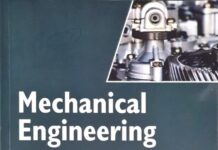

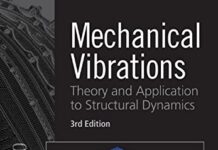




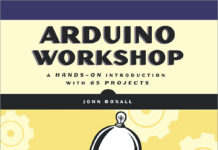
![[PDF] Draw Buildings and Cities in 15 Minutes Draw Buildings and Cities in 15 Minutes pdf](https://www.freepdfbook.com/wp-content/uploads/2021/06/Draw-Buildings-and-Cities-in-15-Minutes-218x150.jpg)


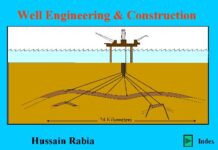
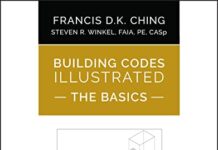

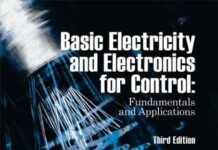
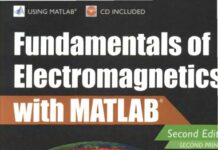
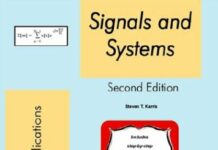
![[PDF] Digital Image Processing An Algorithmic Introduction Using Java Digital Image Processing An Algorithmic Introduction Using Java](https://www.freepdfbook.com/wp-content/uploads/2022/06/Digital-Image-Processing-An-Algorithmic-Introduction-Using-Java.jpg)
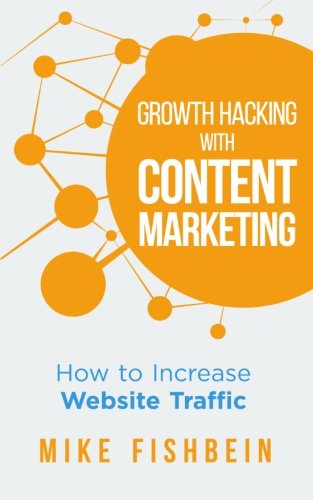
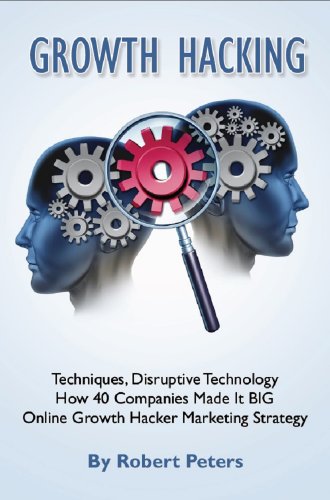

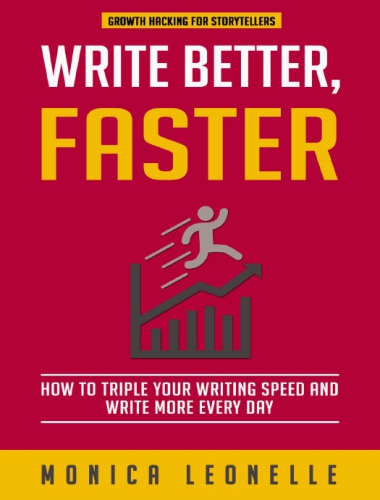
![[PDF] 43 Years JEE ADVANCED + JEE MAIN Chapterwise & Topicwise Solved Papers 43 Years JEE ADVANCED (1978-2020) + JEE MAIN Chapterwise & Topicwise Solved Papers Physics PDF](https://www.freepdfbook.com/wp-content/uploads/2022/03/43-Years-JEE-ADVANCED-1978-2020.jpg)

![[PDF] Problems in Physical Chemistry for JEE (Main & Advanced) Problems in Physical Chemistry for JEE (Main & Advanced) Free PDF Book Download](https://www.freepdfbook.com/wp-content/uploads/2022/03/Problems-in-Physical-Chemistry-for-JEE-Main-Advanced.jpg)
![[PDF] Engineering Physics (McGraw Hill)](https://www.freepdfbook.com/wp-content/uploads/2021/05/bafc8c2685bb6823a9c56134f7fba5df.jpeg)
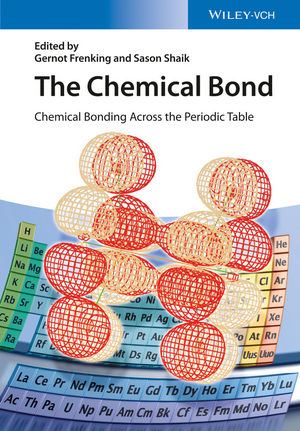
![[PDF] Engineering Chemistry By Shashi Chawla](https://www.freepdfbook.com/wp-content/uploads/2022/05/Theory-And-Practicals-of-Engineering-Chemistry-By-Shashi-Chawla-free-pdf-book.jpeg)
![[PDF] Chemistry: An Introduction to Organic, Inorganic & Physical Chemistry Chemistry: An Introduction to Organic, Inorganic & Physical Chemistry](https://www.freepdfbook.com/wp-content/uploads/2022/04/Chemistry-An-Introduction-to-Organic-Inorganic-Physical-Chemistry.jpg)
![[PDF] Essentials of Physical Chemistry Essentials of Physical Chemistry Free PDF Book by Bahl](https://www.freepdfbook.com/wp-content/uploads/2022/04/Essentials-of-Physical-Chemistry-bahl.jpg)
![[PDF] Biological control of plant-parasitic nematodes: soil ecosystem management in sustainable agriculture Biological control of plant-parasitic nematodes: soil ecosystem management in sustainable agriculture](https://www.freepdfbook.com/wp-content/uploads/2022/05/Biological-control-of-plant-parasitic-nematodes-soil-ecosystem-management-in-sustainable-agriculture.jpg)
![[PDF] Human Anatomy: Color Atlas and Textbook Human Anatomy: Color Atlas and Textbook Free PDF Book](https://www.freepdfbook.com/wp-content/uploads/2022/05/Human-Anatomy-Color-Atlas-and-Textbook.jpg)
![[PDF] Concepts of Biology Book [Free Download]](https://www.freepdfbook.com/wp-content/uploads/2022/05/Concepts-of-Biology.jpg)
![[PDF] Essentials of Biology [Free Download] Essentials of Biology Free PDF BOok Download](https://www.freepdfbook.com/wp-content/uploads/2022/05/Essentials-of-Biology-Free-PDF-Book-Downlaod.jpg)
![[PDF] Human Biology Book [Free Download]](https://www.freepdfbook.com/wp-content/uploads/2022/05/PDF-Human-Biology-Book-Free-Download.jpg)